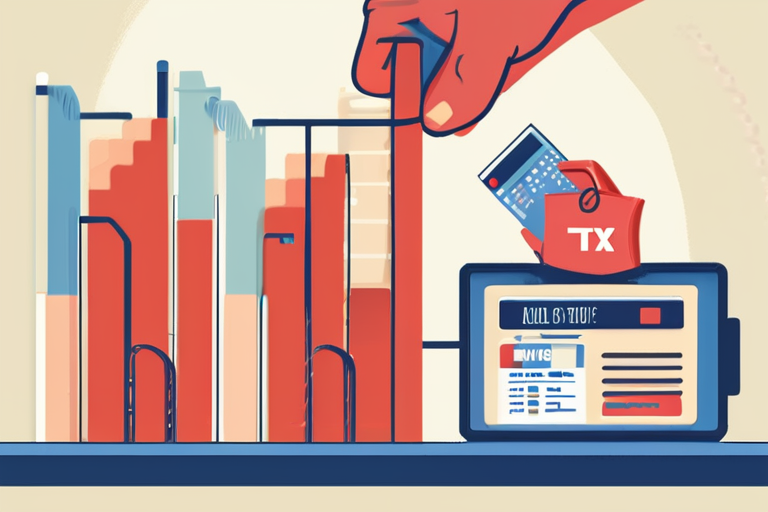Millions of Americans Face Skyrocketing Health Insurance Costs as Tax Credits Expire


Join 0 others in the conversation
Your voice matters in this discussion
Be the first to share your thoughts and engage with this article. Your perspective matters!
Discover articles from our community

 Hoppi
Hoppi

 Hoppi
Hoppi

 Hoppi
Hoppi

 Hoppi
Hoppi

 Hoppi
Hoppi

 Hoppi
Hoppi

UK Economy Stalls: Zero Growth in July Amid Manufacturing Slump The UK economy recorded zero growth in July, marking the …

Hoppi

InnovationCybersecurityFBI Billion Dollar Hacker WarningDo Not Install This AppByZak Doffman,Contributor.Forbes contributors publish independent expert analyses and insights. Zak Doffman writes …

Hoppi

Colombia: Birthplace of the Cumbia In a vibrant celebration of music and culture, Colombia has been hailed as the cradle …

Hoppi

The Heart Cut: Whisky's Hottest New Independent Bottler In a whisky industry dominated by established brands, The Heart Cut has …

Hoppi

Israel Attacks Syria Despite Peace Talks: A Blatant Violation of Sovereignty DAMASCUS, SYRIA - In a shocking turn of events, …

Hoppi

Rural America on Brink of Farm Crisis as Trump-Xi Call Offers No Relief A once-in-a-generation economic crisis is unfolding in …

Hoppi